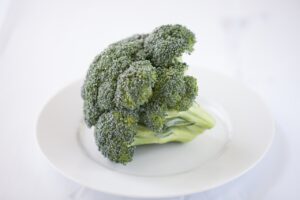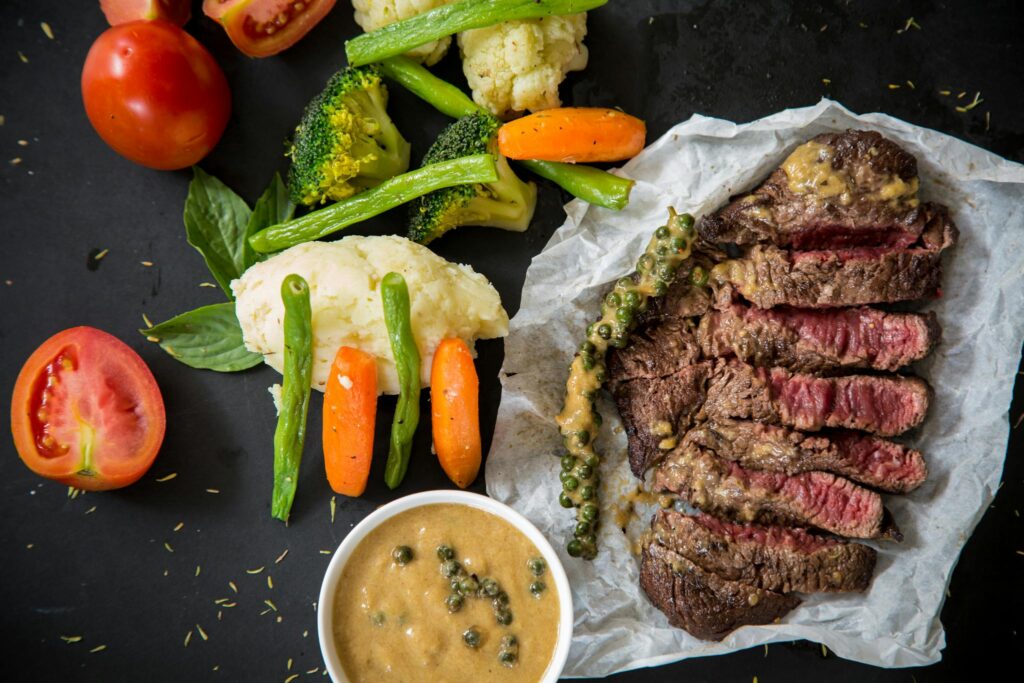Do you want to know What is protein?, what are the benefits of protein diet? and what are the high protein foods? If yes….? You are at the right place.
All living things have proteins, which are vital nutrients. They aid in the body’s growth of muscles, tissues, hormones, and organs. They provide our bodies with a large deal of energy and aid in their development and operation. You must eat protein diet when you exercise. However, the incredibly complicated material that makes up proteins requires a lot of work to convert fully into energy. Accordingly, eating too much protein puts a lot of strain on the kidneys and liver, which eventually harms our bodies.
What is Protein?
Energy-producing chemical reactions include the very complicated amino acids that make up protein. Proteios, a Greek word meaning “holding the first place,” is the root of the English term protein. Swedish scientist Jöns Jacob Berzelius gave it its name when he identified it in 1838.Proteins are made up of twenty amino acids and are essential to human health.. Diverse proteins have diverse properties that vary throughout animals and organs.
Protein’s nutritional significance?
Large molecules with a high nutritional content are called proteins. They are created by combining smaller amino acids, and they provide the body with energy equal to four calories for every gram of protein. Protein makes up between 10 and 35 percent of our daily diet, which meets our needs. It is often advised that in order to maintain fitness, one should consume one gram of protein for every kilogram of body weight.
Benefits of Protein diet:
1. Muscle growth
2. Assist in maintaining a healthy weight
3. Reduce heart-related illnesses.
4. Aid in the metabolism of bone.
5. Manage your sugar intake.
6. Minimizes Hunger.
7. Recovers the Body After Injury.
8. Digestion.
1. Muscle growth.
Eating a diet high in protein promotes muscle growth, which is a crucial component of bodybuilding. It aids in the development of ligaments, tendons, and other tissues that promote the maintenance of a healthy amount of muscle mass. It aids in the healing of injured muscles so that they can regenerate stronger. Beef is one of the greatest foods for folic acid, iron, zinc, and protein. It’s excellent for building muscle. All bodybuilders consume chicken breasts since they are the most protein-rich food available.
2. Assist in maintaining a healthy weight.
A diet high in protein helps people maintain their desired body weight because it discourages overeating. A modest amount of protein each day meets your daily nutritional needs and makes you feel full. It’s regarded as an effective weight loss tactic.
3. Reduce heart-related illnesses.
Numerous studies demonstrate how proteins can lower blood pressure, which in turn helps to improve heart health. Transitioning from a diet high in carbohydrates to one high in protein also decreases cholesterol levels. It protects heart-related illnesses by managing fat. Walnuts and almonds aid in the prevention of heart-related illnesses.
4. Aid in the metabolism of bone.

It strengthens our bones by enhancing the body’s absorption of calcium and magnesium. Osteoporosis, which is regarded as a very dangerous bone disease, is helped to repair as well as bone fractures.
5. Manage your sugar intake.
A hormone called insulin aids in regulating blood sugar levels. Carbs need more insulin than proteins do, but proteins need far less insulin overall. Protein-rich diets help regulate blood sugar levels and use relatively little insulin. Consequently, diabetics benefit from a diet high in protein.
6. Minimizes Hunger.
Eating a diet rich in protein makes us feel satisfied and less prone to hunger. Increased production of satiety hormones by our body, such as peptide YY and cholecystokinin, indicate that our bellies are full. In addition to lowering our cravings for junk food and calories between meals, protein can also help us feel less hungry.
7. Recovers the Body After Injury.
Given that protein is the main component of muscles and tissues, getting the proper amount of it through diet might be crucial to the healing process. In order to heal from injuries, athletes are advised to consume adequate protein.
8. Digestion.
The majority of the body’s enzymes are composed of proteins. Enzymes that aid in digestion are produced when there is an adequate supply of proteins.
High protein foods:
Here are the list of some protein foods which are important for our physical well-being.
Salmon.
Salmon is regarded as a fatty fish because of its high omega-3 fatty acid content. It is not only a fantastic source of protein but it can also make you feel fuller after eating.
A chicken breast.
Chicken breast is the source of protein. When served without the skin, the protein provides the majority of the calories. There are about 24.5 g of protein in a 100 g skinless chicken breast (Trusted Source).
Eggs.
One egg contains around 6.2 g of protein, making eggs a great source of nutrients, healthy fats, and protein. They are very adaptable as well. Eggs can be cooked in a variety of methods, such as boiling and poaching. To add more protein to a variety of foods, including soups, sandwiches, and stir-fries, one can add eggs. An easy, high-protein snack is a hard-boiled egg.
Milk.
Cow’s milk is a fantastic source of protein. One cup (240 g) of milk has eight g of protein.
Broccoli.

Compared to many other vegetables, broccoli has more protein. Although it isn’t a very high-protein item on its own, if a person prioritizes their protein consumption, they might pick it over other vegetables.
A cup (90 g) of chopped raw broccoli provides around 2.40 g of protein and is rich in other minerals, including potassium and folate. With only 29.9 calories per cup, this vegetable is likewise low in calories.
Chickpeas.
Packed with elements that help bone and heart health, chickpeas are high in protein and fiber. Certain diseases, like breast cancer, may be protected against by chickpeas, according to certain research.
Cheese.
Cottage cheese is high in protein and low in calories and fat. Calcium, phosphorus, selenium, vitamin B12, riboflavin (vitamin B2), and several other minerals are abundant in it.
Lentils
Lentils are a fantastic plant-based protein source. It is a perfect choice for anyone following a meat-free or vegan diet. They are also a great source of fiber, folate, magnesium, potassium, iron, copper, and manganese, among many other minerals.
Research indicates that individuals who frequently eat legumes, such as lentils, are at a lower risk of developing heart disease and fatty liver disease.
Recommended article:.>
https://healthprotecto.com/how-to-improve-memory-10-ways-to-improve-your-memory/

